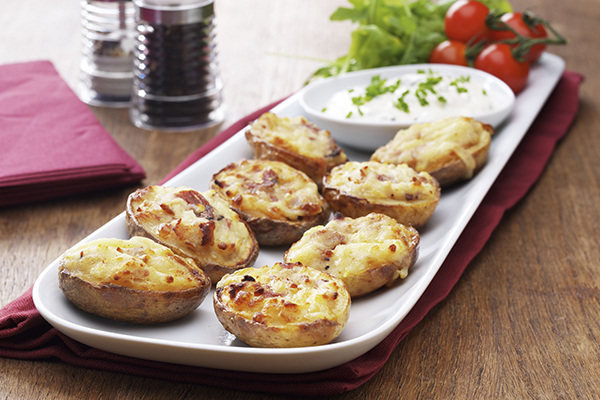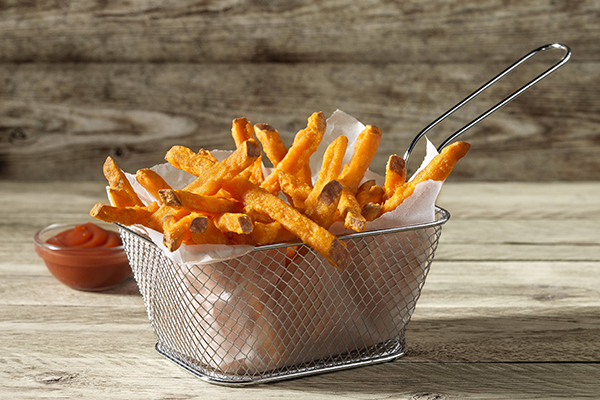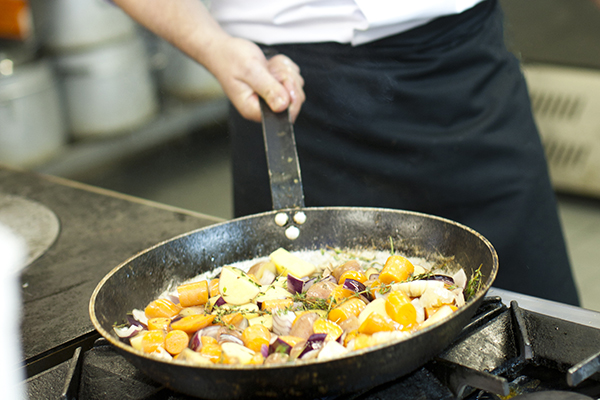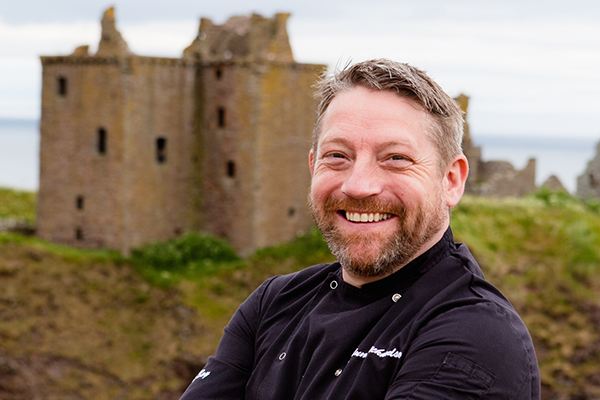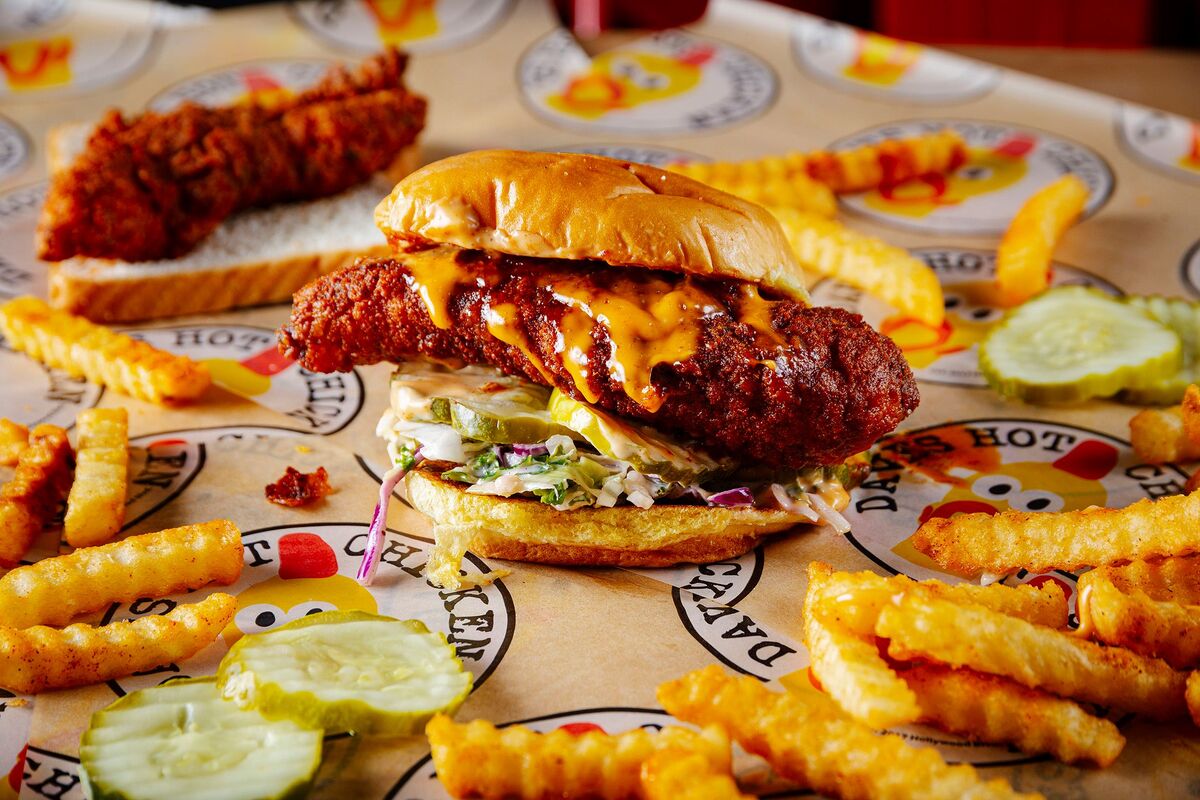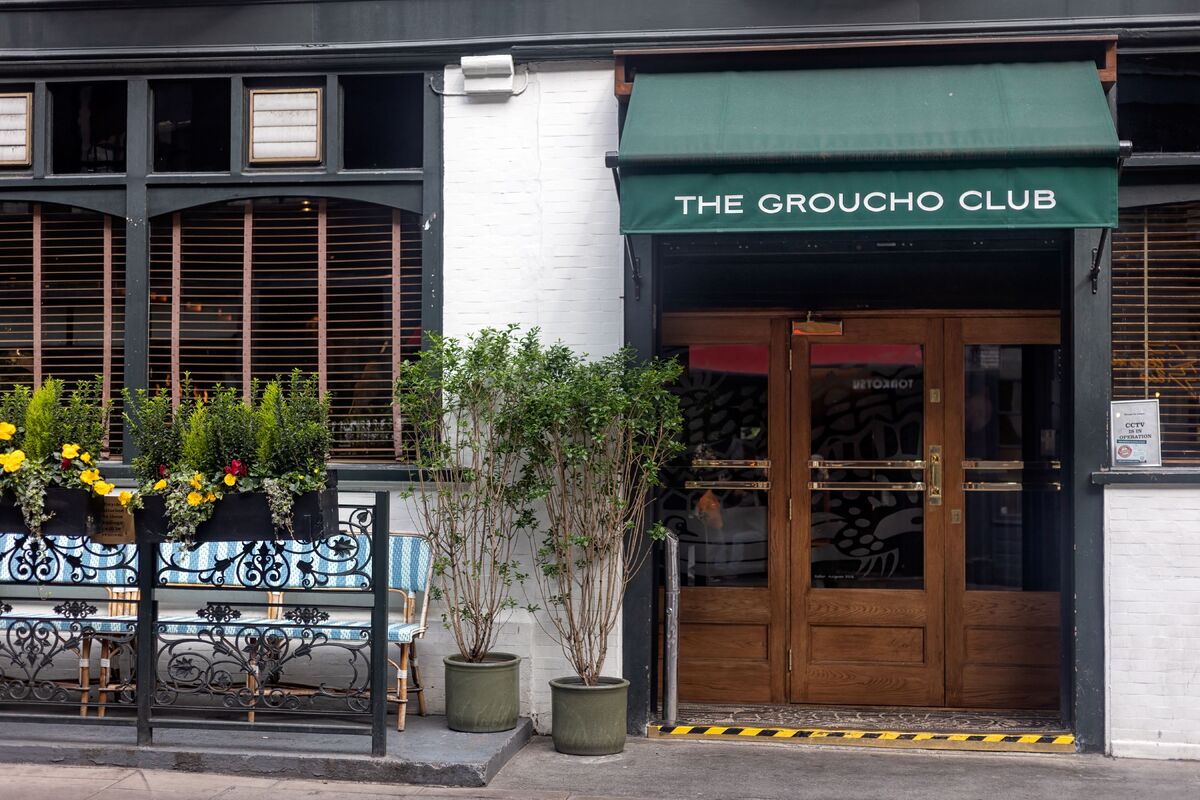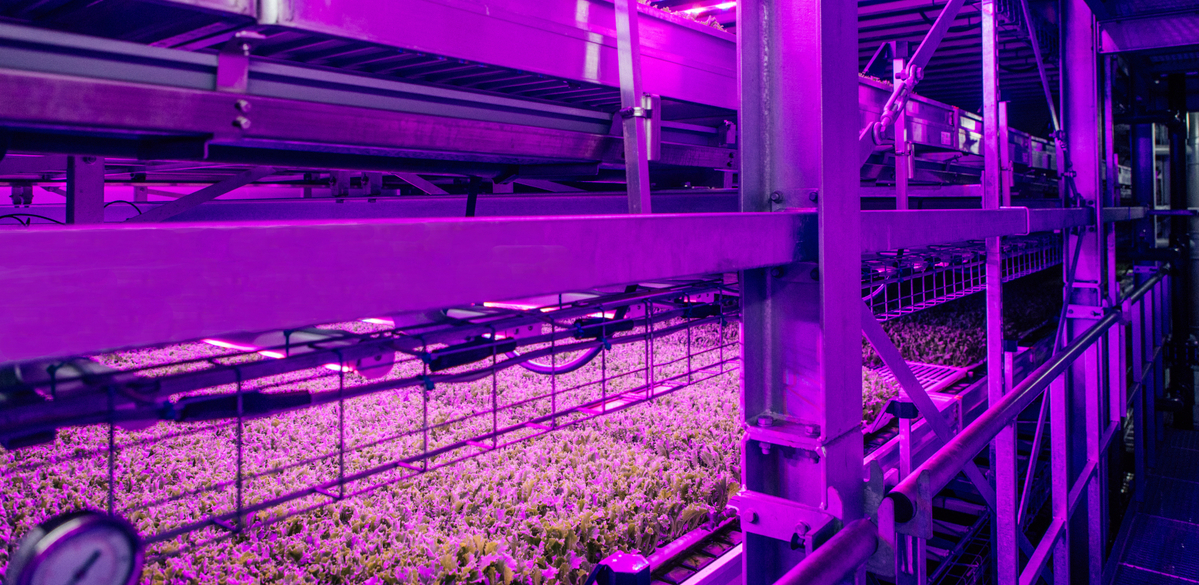Potatoes can be a premium product
The potato may not enjoy the health kudos of other vegetables, but caterers can turn its enormous versatility and widespread popularity to good account by developing premium products that boost consumer spend
Where would a restaurant be without potatoes? Whether offered in the form of chips, or roast or mashed, potatoes are the caterer's flexible friends.
But things have changed a lot since 1586 when Sir Francis Drake brought potatoes (and guinea pigs) to the UK to universal acclaim.
In recent decades, the spud has developed something of an image problem, being seen as unhealthy and used mainly as a plate-filler or a fast-food option. Meanwhile, its perma-tanned colleague, the sweet potato, has seen its fortunes go the other way, and it has gained the accolade of superfood status.
So what can caterers do to rehabilitate the potato, cash in on its plus points and get maximum value from potato-based products?
First, an understanding of the lie of the land can be gained from NPD Crest research, which shows that chips or French fries take the lion's share of potato sales out of home.
In the year ending March 2017, 18.6% of out- of-home occasions included potatoes. Chips or French fries accounted for 59.6% of foodservice potato servings, jackets 6.3%, roast 5.8%, mash 4.1%, wedges 3.5% and "other" 20.9%. This "other" category may hold the answer to profitable potatoes, according to suppliers.
Mohammed Essa, general manager of Aviko UK & Ireland, says the biggest margins will be made on innovative, premium products that give customers value for money and something different from what they would eat at home.
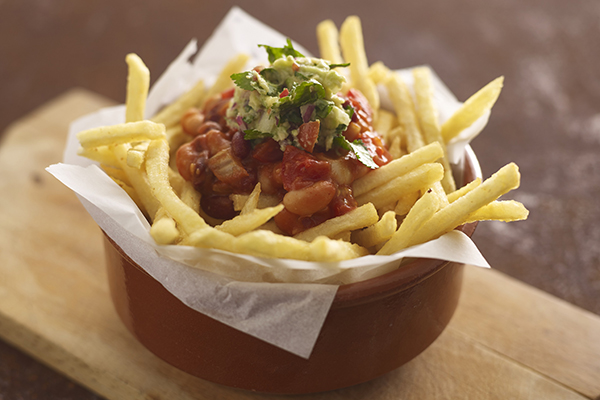
Recent research from Horizons found that operators are boosting customer spend by focusing on more side dishes, snacks and nibbles â" and potato products form an important part of these ranges, Essa says.
Nigel Phillips, UK & Ireland country sales manager at potato supplier Lamb Weston, says potatoes are a great host for all sorts of toppings and can benefit from trends such as street food. He says: âLoaded fries and sides are a fantastic way to encourage trade-up options such as fries topped with chilli con carne, or an interesting dessert option could be sweet potatoes topped with sugar and cinnamon.â
Whatâs more, potatoes can fit in at any time of the day, Phillips says. âAs we see more and more consumers embracing all-day dining, thereâs a requirement from operators to be able to offer food, whether itâs a meal or a light snack, at any time of day.â
However, quality is key and he recommends that operators use frozen potatoes to ensure they consistently serve the best products.
Chris Beckley, managing director of KFF, suggests that playing the provenance card is a great way of adding value to potatoes on the menu. He explains: âItâs not only about great British products but also the story behind them. It is important to consider the owners, many of whom are families, who have spent their lives dedicated to production.â
Consumers are aware that sourcing locally has environmental and social benefits, he says. âTaking a local supply route satisfies growing consumer demand for fresh produce, provenance and traceability.â
KFF offers Bannistersâ Farm British potatoes from the Yorkshire Wolds. Products are weight-graded and packed into bags with a piece count, helping caterers with portion control. The company is also going down the posh-nosh route with its potatoes. It recently launched Loaded Hasselback Potato recipes, including a breakfast option â" Gorgonzola, pancetta and honey, together with avocado, black bean, cumin and Greek yogurt.
Another string in a potatoâs bow, unlikely as it may seem, is that in its natural state, itâs a healthy food option. As suppliers are quick to point out, a potato is fat free, a source of fibre and potassium, folate, magnesium, copper and zinc, and low in sugar. Itâs also gluten free.
In terms of provenance, all Bannistersâ Farm foodservice potato products are made using British potatoes (except for sweet potatoes, as theyâre not widely available in the UK), Medhurst says.
Convenience remains key to operators when using potatoes, says supplier Farm Frites. It recently added a sweet potato fry to its range with one of the quickest cooking times on the market â" 1.5 to two minutes.
Nic Townsend, marketing manager UK and Ireland, says: âWe know that speed is paramount to a successful serving and are proud that this product provides a great taste up to a minute faster than our competitors. That makes all the difference in busy kitchens.â
Frankie Attwater, Brakesâ category manager for produce and accompaniments and core dairy, says customersâ potato requirements are polarised. They are either looking for consistent quality at a great price or for premium options offering a point of difference.
She says: âOur customers do not always want something completely new. Sometimes what they want is an added-value product that performs better, saves time or labour through being easier to prepare, or saves wastage costs by being simpler to portion.â
For example, following the success of its premium chips and fries range last year, Brakes is launching a Premium Crispy Coated Roast Potato for Christmas. The product is gluten free and maintains the easy preparation and portion control of a standard roast potato, says Attwater.
Be it breakfast, lunch or Christmas dinner, served in the form of hash browns or loaded skins, a quick nibble in between meetings or sharing platter with friends, potatoes can step up to the plate, suppliers insist. The challenge for caterers is making this most accommodating of commodities sexy and appealing; to give potatoes pizazz. Or to borrow the slogan of potato supplier Lamb Weston, itâs time to see the âpossibilities in potatoesâ.
‘BE MORE DARING'
âAt Angel Hill, we know that you canât have potatoes on the menu three or four times a week. People are more knowledgeable about what is going into their bodies and are aware of the healthier alternatives such as quinoa that are available.
âThankfully, potatoes are good vehicles for other flavours and absorb what they are cooking in. The palates of todayâs customers are a lot more receptive to ethnic-tasting foods and cuisines from afar.
âWeâve found that mixing potatoes with Central or South American spices such as cajun or paprika is really popular. Be inventive. We add things like basil purée, mustard and horseradish to create a richer flavour.
âAs the public moves away from traditional staples such as bread and potatoes, you have to be more daring when using potatoes in dishes.â
‘NEVER STUCK FOR OPTIONS'
âThere are always heaps of new potatoes or different combinations of existing varieties to try, which helps to keep the offering fresh and current, and means youâre never stuck for options.
âOne thing we always look for in potatoes is the starch content, as too much of this will make the potatoes singe when cooked.
âFor the past few years, the saying âcheap as chipsâ doesnât really apply because the profit margins havenât been good. We have a set price and ride the storm when the price is high. The way weâve dealt with this is by ensuring that we stay on top of our preparation techniques and portion control, so there isâ¨little waste.
âAs the weather has been good this year, this should be reflected in the price for future deliveries.â
SUPPLIERS
- Aviko, www.aviko.co.uk
- Bannistersâ Farm, www.bannistersfarm.co.uk
- Brakes, www.brake.co.uk
- Farm Frites, www.farmfrites.com
- Funnybones, www.funnybones.co.uk
- KFF, www.kff.co.uk
- Lamb Weston, www.lambweston.com



